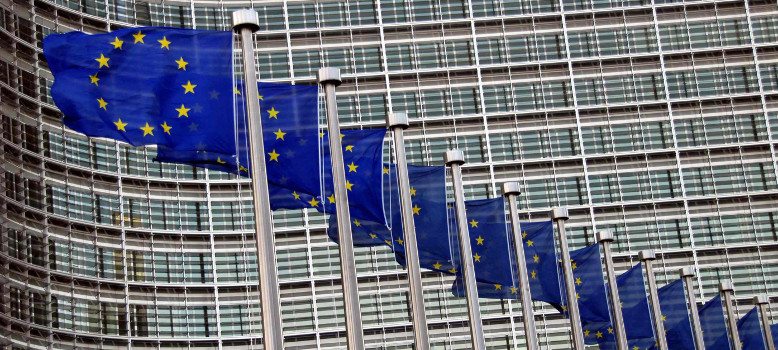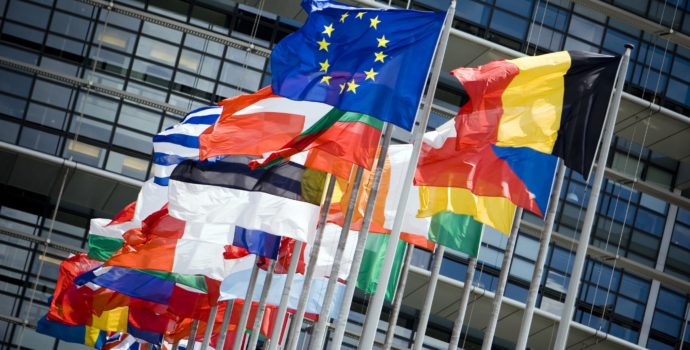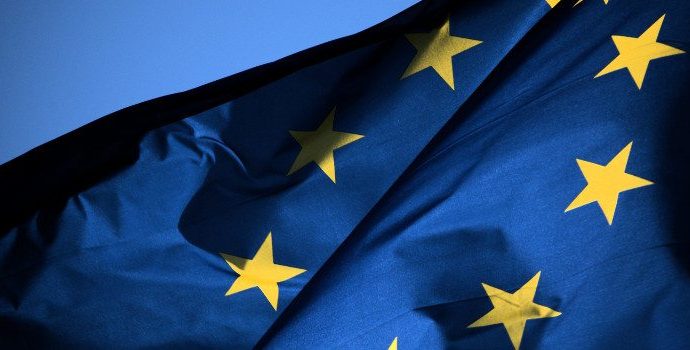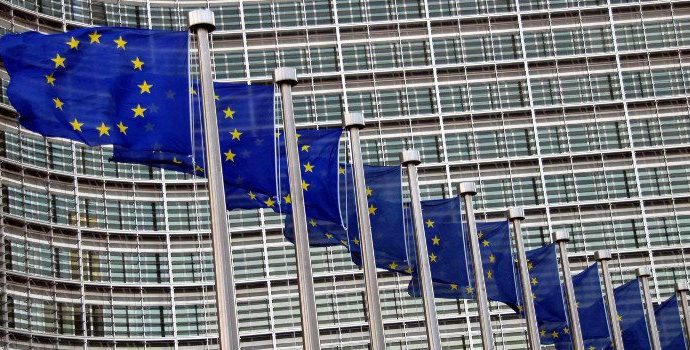European Commission Daily News 21st June

Forest fires: European Commission steps up preparations for the 2021 forest fire season
To be ready to deal with large-scale forest fires this season, the European Commission has put in place a reinforced European fleet of 11 firefighting planes and 6 helicopters under the rescEU system. The Commission has also published guidelines for Member States to strengthen their fire prevention measures. Crisis Management Commissioner Janez Lenarčič said:“Every year, forest fires represent a significant disaster risk for the whole of Europe. In anticipation of this year’s forest fire season, we must do whatever is necessary to reduce the incidence of fires. The rescEU firefighting fleet that we are offering will consist of 11 planes and 6 helicopters, and can be deployed quickly and at any time during this wildfire season. The fleet is strategically positioned in Croatia, France, Greece, Italy, Spain and Sweden, and I would like to thank these countries for their great cooperation. By working closely together at all levels, including through the EU Emergency Response Coordination Center and the rescUE mechanism, the The EU will be able to prevent, prepare for and respond to forest fires, both this year and in the future. “Environment, Oceans and Fisheries Commissioner Virginijus Sinkevičius added in this regard: “ Forest fires are a growing threat to forests, which are home to 80% of the plants and animals living on earth. The new Commission guidelines present preventive measures based on good governance, appropriate planning, effective forest management and EU funding sources. Investing in prevention is essential. At the same time, we need to be sure that we have the capacity to respond when forest fires break out, and this is where the EU’s Emergency Response and Coordination Center plays a key role. “The risk of forest fires for the season is forecast to be above average, with temperatures expected to be higher than average from June to September in the Mediterranean region. The season could also see a decrease in rainfall, especially in central Europe and in many parts of the Mediterranean. This can increase the risk of forest fires, both in fire-prone areas and in newer parts of Europe. More details can be found in the press release .
Irish translation on track to reach full status by 1 January 2022
Today, the European Commission adopted a report to the Council on the available language capacity in the EU institutions for the Irish language. It finds that the EU institutions will be able to meet all demand for translation into Irish of legislation and the increased demand for translation of other types of documents, by continuing ongoing measures until the end of the year. Irish has been a treaty language since 1973, when Ireland became a Member State, meaning that only the EU treaties would be translated into Irish. In 2007, at the request of Ireland, Irish became an official and working EU language, with a derogation, meaning that not all documents were translated into Irish at that point. Today’s report follows a 2015 request from Ireland to phase out this derogation, and give Irish full status, as the other official EU languages. The Council will now consider the Commission’s findings in this report. In the absence of a Council regulation stating otherwise, the derogation will end on 1 January 2022. The EU and the Irish government have achieved this by working closely together and taking innovative measures to make progress in translation into Irish, recruitment, external contractors and Irish language resources. This cooperation will continue in the future. More information is available here.
Agriculture: Commissioner Wojciechowski participates in the fourth ministerial conference on agriculture of the African Union and the European Union
Tomorrow, June 22, Commissioner Janusz Wojciechowski will participate virtually in the Fourth Ministerial Conference on Agriculture of the African Union and the European Union, co-organized by the African Union Commission and the European Commission. The conference will allow AU and EU agriculture ministers to exchange views and share best practices on developing more sustainable food systems, also in the context of the pandemic response of COVID-19. The event will include four high-level thematic sessions, which will run in parallel. The sessions will allow for an in-depth discussion on issues with high potential for enhanced cooperation between the EU and the AU. A plenary session will close the conference, with the participation of Commissioner Wojciechowski . More information on the cooperation between the African Union and the European Union here.
Read the European Commission Daily News in full here.




